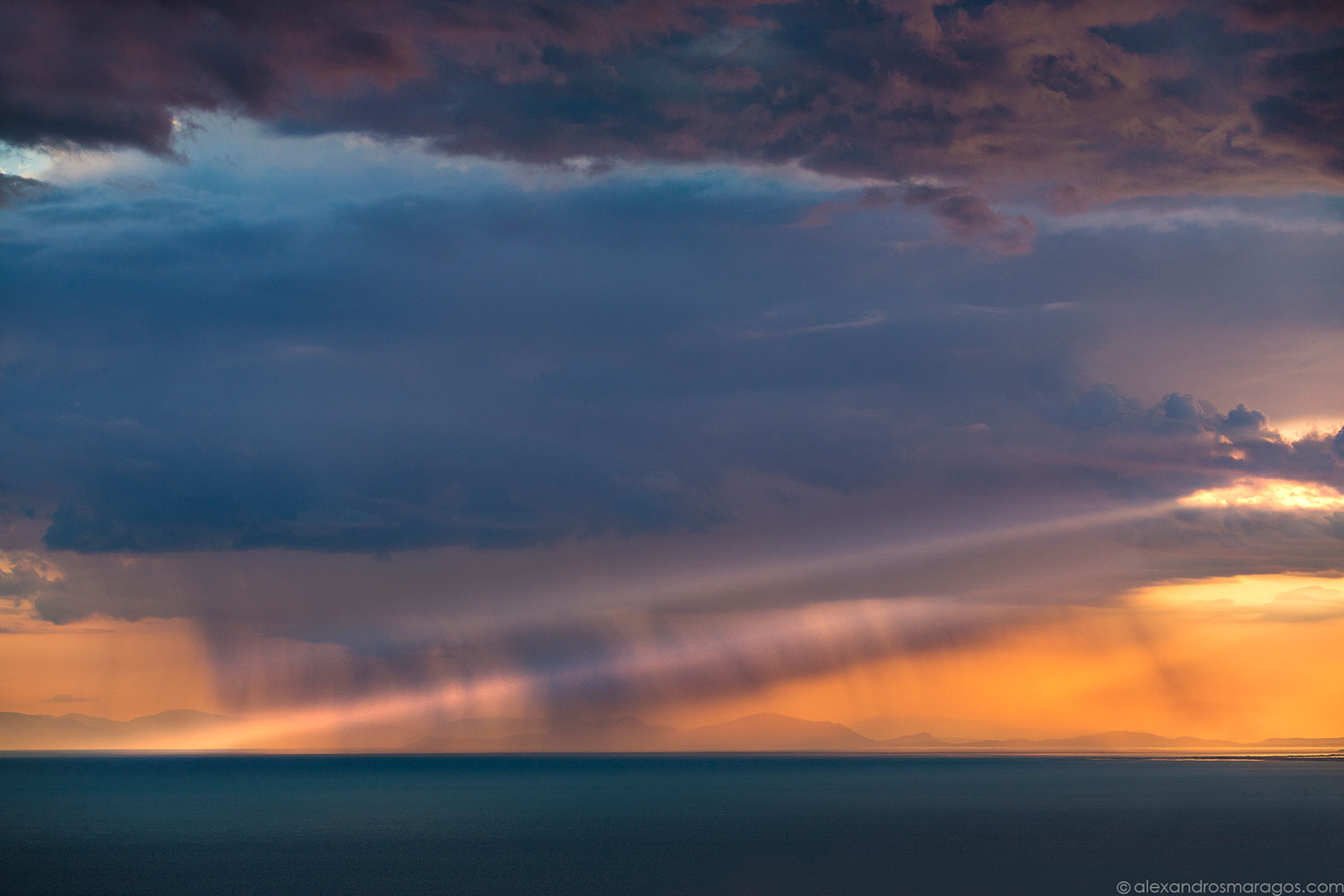The word "photography" derives from Greek and literally means "drawing with light". It is a combination of the Greek words "photo-" (φως), meaning "light," and "-graphia" (γραφή), meaning "writing" or "drawing". The same goes for the word "cinematography". In both arts the use of light and the quality of light are the most important factors influencing the overall aesthetic quality of the picture. Understanding light and how it works is key. For landscape photography, finding locations with beautiful natural light is also key.
As a filmmaker and photographer living and shooting in Greece i have the privilege of capturing the special radiant light of the country. The light of Greece has long been praised for its unique and compelling properties. How it reflects off stone and sea with an unrivalled, crystalline gleam, how in high summer it can consume you so completely that you feel as though you’re swimming inside it, suspended in its tempered, liquid glow. Many authors have written that the Golden Age of Greece was made possible in part because of Greece's special radiant light. In Greece you don't see things as they appear - you see things as they are.
90% of my landscape photography is during the Golden Hour and i often use "bad" weather which creates an even more dramatic light on the landscape, especially at the end of a storm when direct sunlight breaks through. Heavy clouds, mist and fog add atmosphere to the scene and stormy skies act as a natural diffuser, casting even light across the scene.
Sunset Boulevard | © Alexandros Maragos
Golden Sunset | © Alexandros Maragos
Industrial Sunset | © Alexandros Maragos
Seeing Beyond | © Alexandros Maragos
FOS | © Alexandros Maragos
Rainfall | © Alexandros Maragos
Athens Sunlight | © Alexandros Maragos
Acropolis at Sunset | © Alexandros Maragos
Journey Through Light | © Alexandros Maragos
Light & Rain | © Alexandros Maragos
Light Show | © Alexandros Maragos
Sunrays Illuminating Rain | © Alexandros Maragos
Art of Light | © Alexandros Maragos
Horizon Light | © Alexandros Maragos
Sunrise Rays | © Alexandros Maragos
Storm System | © Alexandros Maragos
The Light | © Alexandros Maragos
Flying through the Light | © Alexandros Maragos
Ionian Sunset | © Alexandros Maragos
- Related Photo Galleries: Day, Night, Monochrome, Timelapse.
- Related Articles: Photographing The Milky Way over Greece.




















